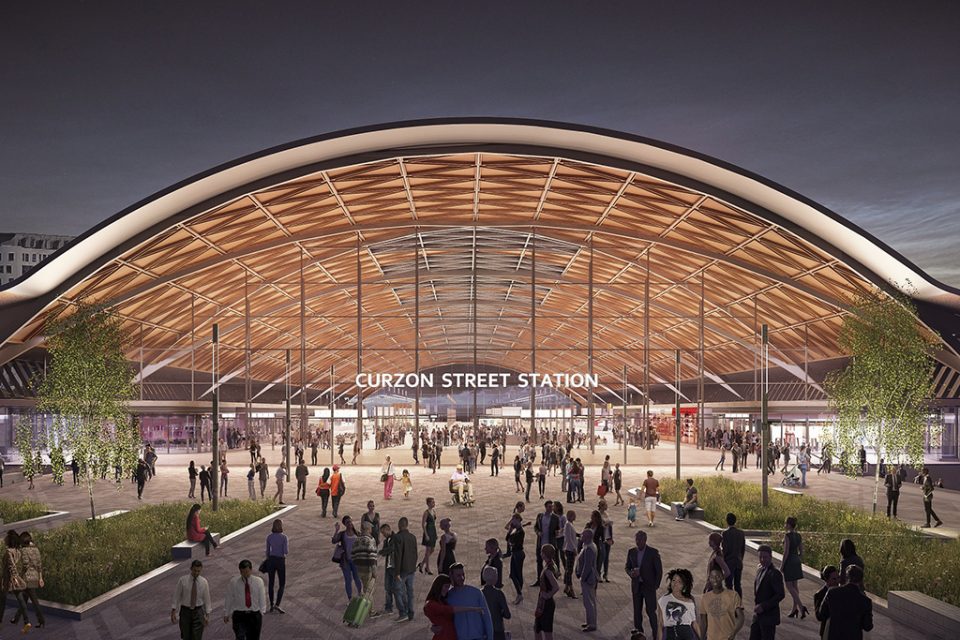Former deputy chair of the Oakervee Review Lord Berkeley produced his own HS2 review yesterday, having left the panel in November.
In his “dissenting” report, Lord Berkeley claimed it is likely the project will open late and over budget, costing £107bn at 2019 prices.
Lord Berkeley also criticised the project’s procurement, saying that “lessons need to be learned” from the first phase of the project and called for clarification around the issue of contract risk. Despite noting that attempts have been made to reduce the risk placed on contractors, it is likely to inflate contract prices.
Instead he suggested an alternative would be to “restructure the contracts into smaller and more manageable sections and restart the tendering process from scratch”.
“This might be beneficial to the works but would result in several years delay,” he believes.
This is not the first time the project’s procurement has been criticised.
Last year, HS2 chair Allan Cook said the complexity of the project “demands a flexibility and creativity” and noted that risk carried by contractors should be properly acknowledged. Balfour Beatty has also spoken about the significant investment it has made to meet contract requirements.
Last month, HS2 demonstrated that attempts have been made to address these issues in the adjustment of its phase two consultancy contracts. Consultants already appointed were given more time to complete design work and the scope was increased to include connectivity links to Northern Powerhouse Rail. This has led to a cost hike of £174m across the three contracts.
In his 71-page report, Lord Berkeley has highlighted the ills of the project and suggested remedies to numerous project challenges, despite stating that HS2 was the “wrong and expensive solution” to improving North-South connectivity.
It also highlights that, if HS2 does go ahead, it will be faced with a paradox.
The project has been encouraged to learn from previous mistakes to ensure that it is completed to budget and on time. But as the December price increase demonstrates, arriving at these learnings will more than likely result in more money being spent and the project taking longer than anticipated while the issues are addressed.
While this paradox is not a definitive argument to say HS2 is not worth completing, if the Oakervee Review gives the project the green light, it will not mark an end to the project’s challenges.


